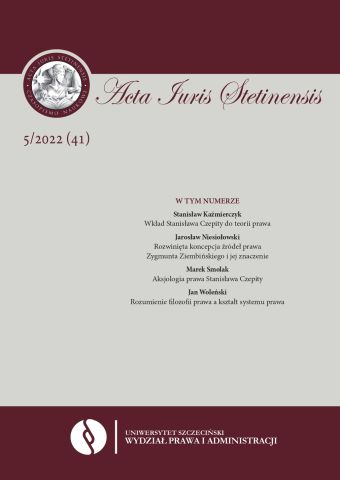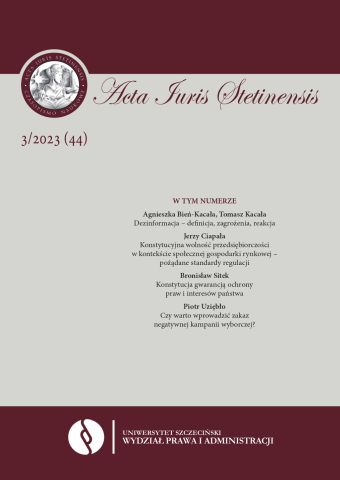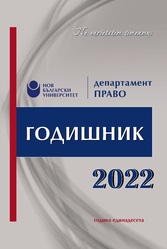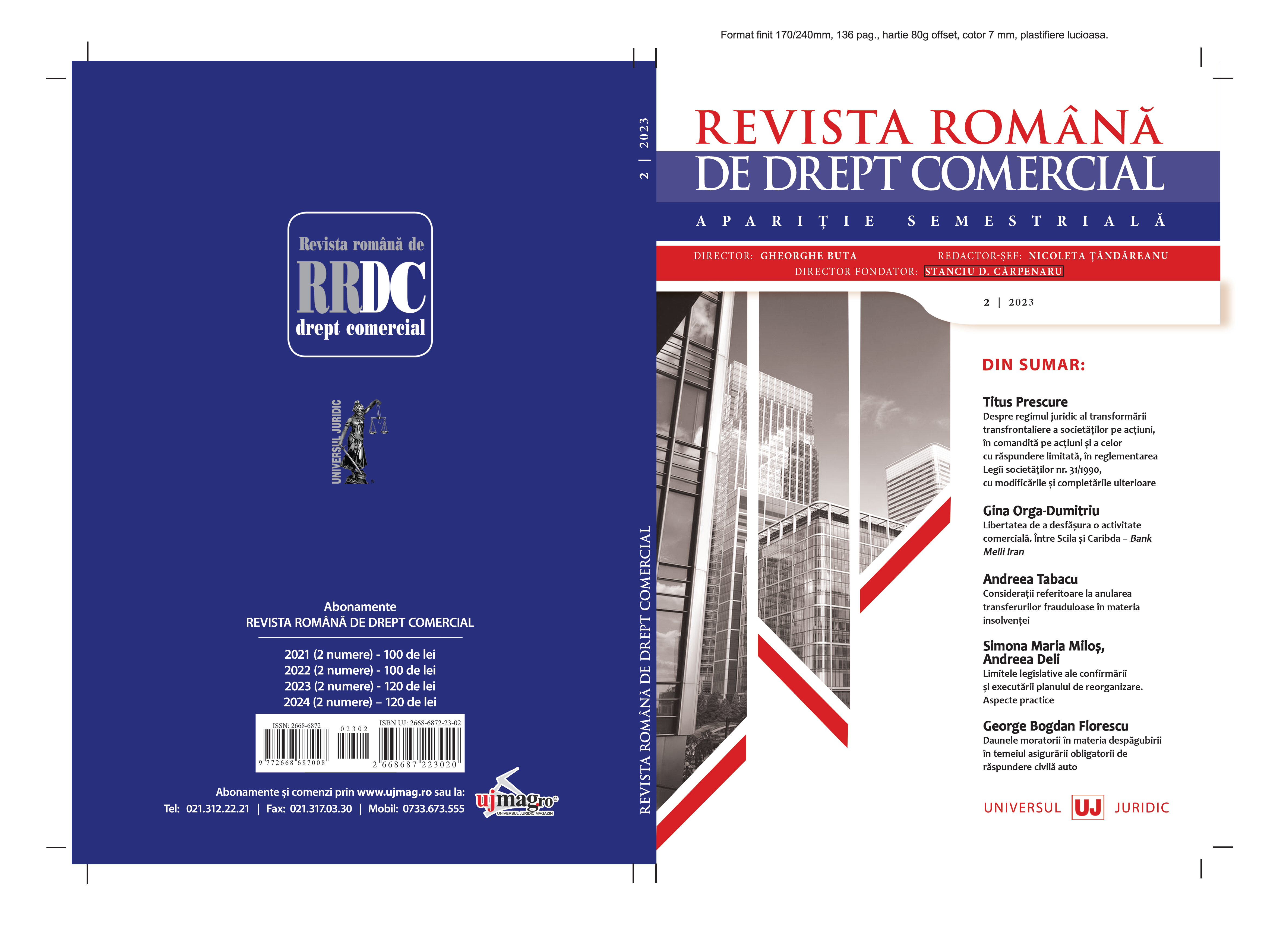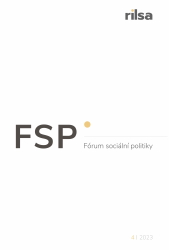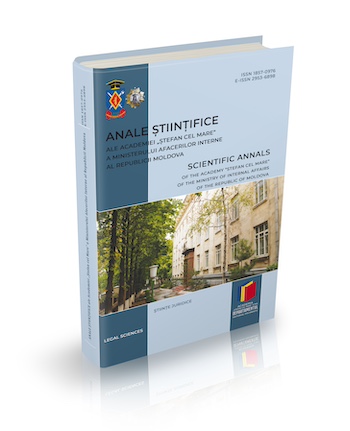
Aspectele juridico-penale şi investigative privind lupta contra organizaţiei criminale
The issue of organized crime research has been discussed for a long time and is still being discussed today, with different notions and forms of research and its manifestation over time in society, so there have been several views on it. In this article, we will show the evolution of organized crime throughout history so far, in its various forms as well as methods and forms of participation.
More...
